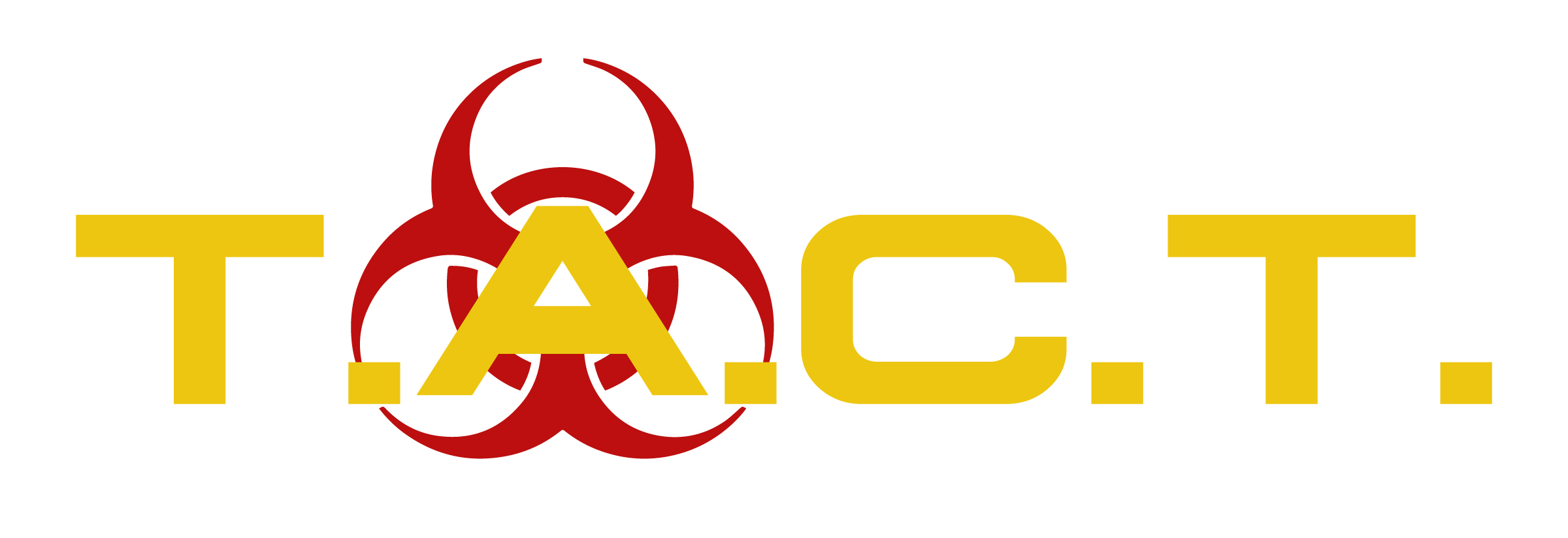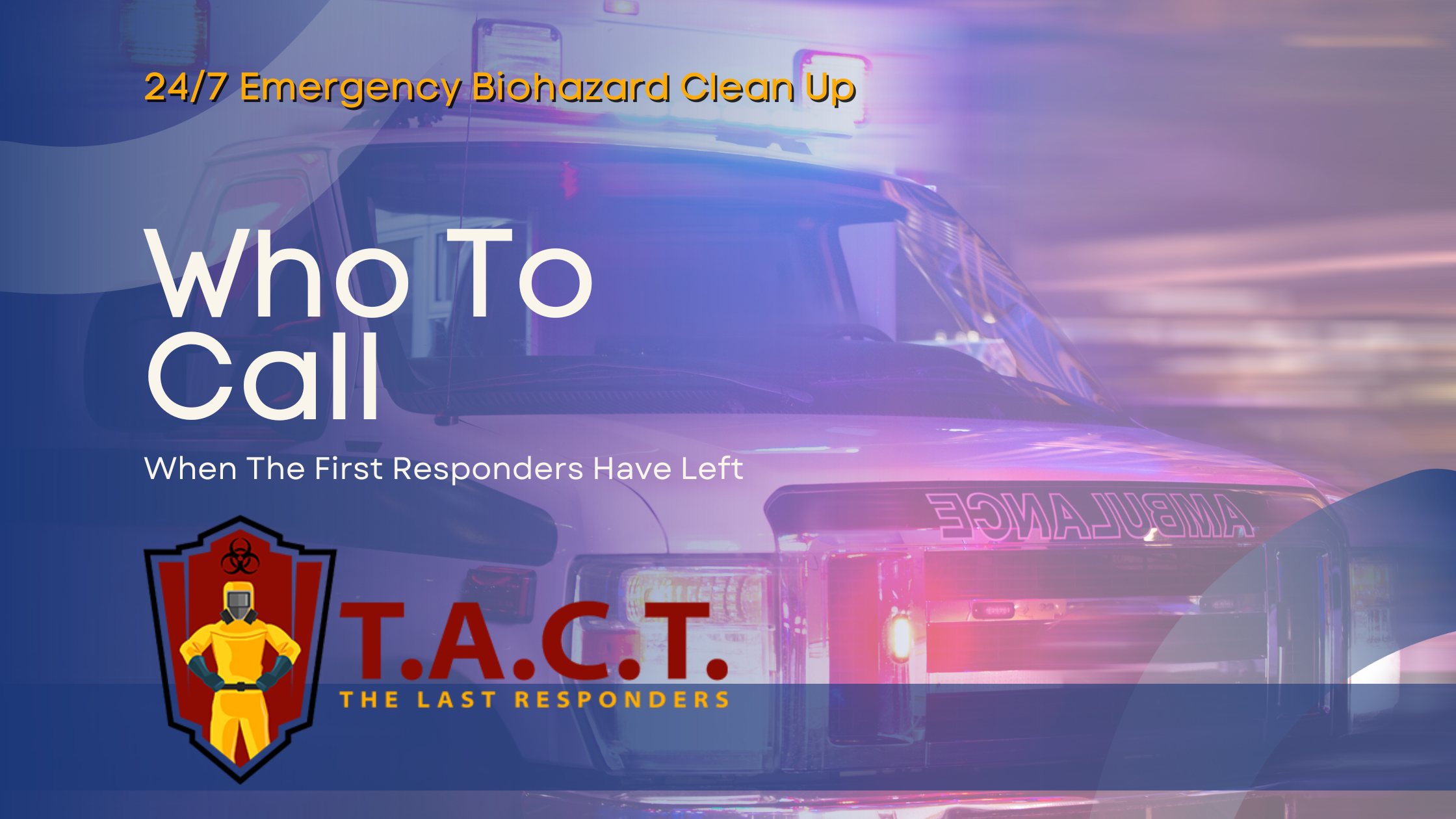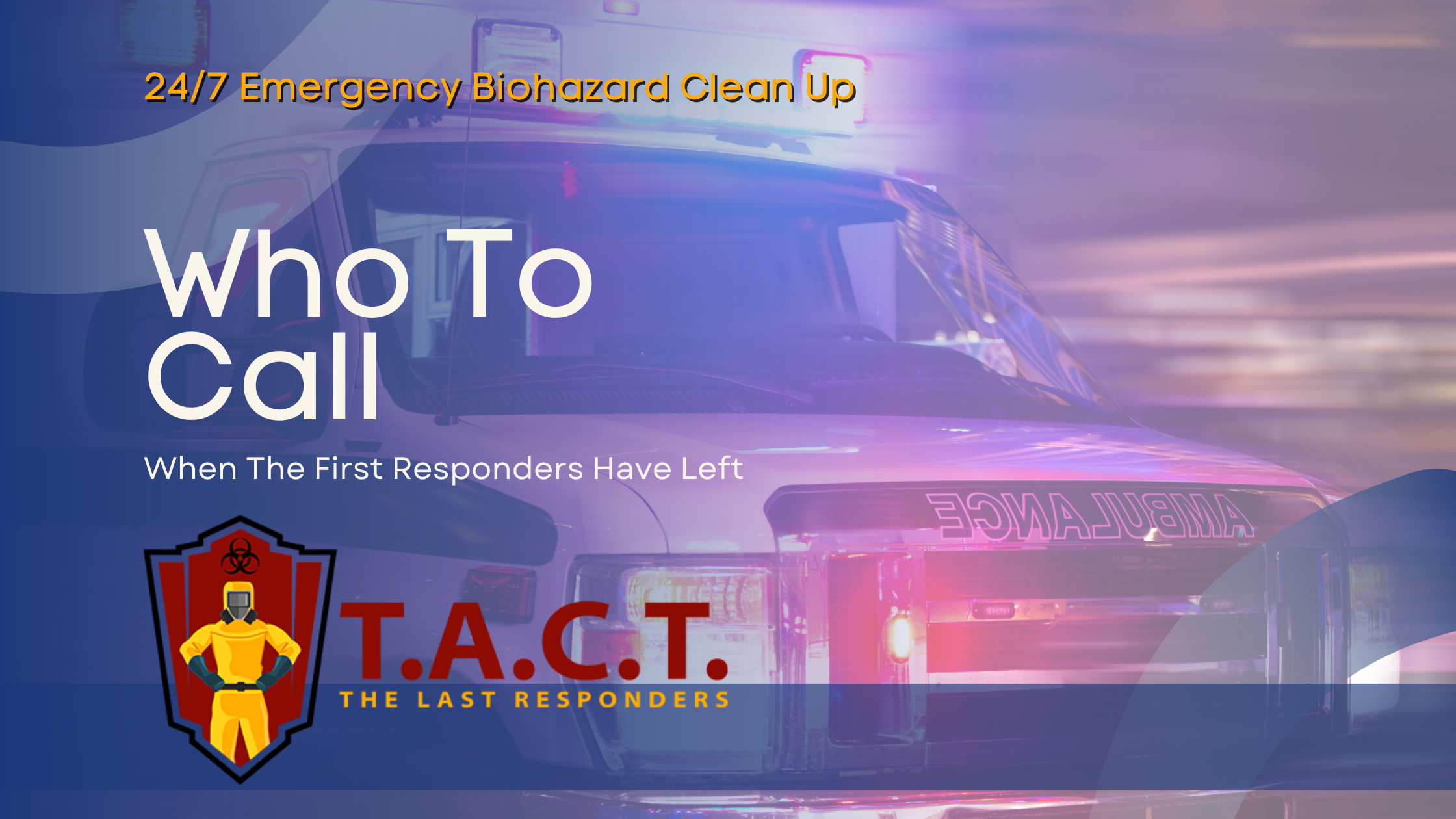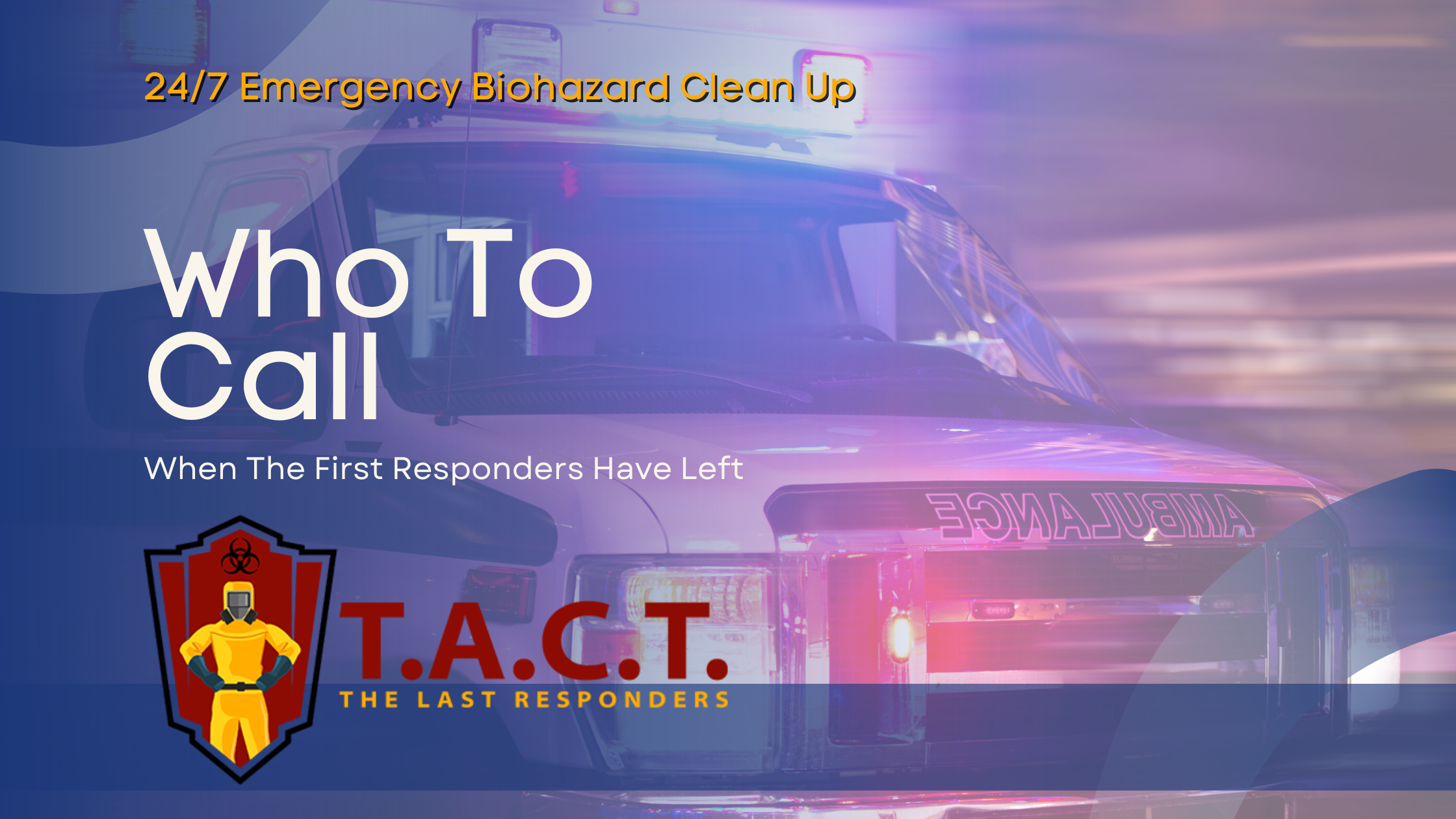The Hidden Health Hazards of Human Feces: What You Need to Know

Dangers of Exposure to Human Feces: The Hidden Health Hazards You Need to Know

Dangers of Exposure to Human Feces: The Hidden Health Hazards You Need to Know

02-Jun-2024
The Alarming Dangers of Exposure to Human Feces: What You Need to Know to Stay Safe
Health Risks of Human Feces Exposure
Human feces can harbor various pathogens and health risks that are often underestimated. Public health concerns arise from the potential spread of these pathogens.
Exposure to human feces can lead to severe diarrhea and dehydration, especially in vulnerable individuals such as the elderly and young children.
Infections and diseases, including hepatitis, E. coli, and norovirus, can be spread through fecal-oral transmission.
Fecal exposure can also lead to serious health risks, including respiratory infections, skin infections, and even meningitis.
Sources of Fecal Exposure
Human waste cleanup, if not done properly, can lead to fecal contamination and exposure to harmful pathogens.
Animal feces, especially from rodents and other pests, can also pose a significant risk of fecal exposure and disease transmission.
Improperly managed sewage systems can also lead to fecal contamination of water sources and soil.
Minimizing the Risks of Fecal Exposure
Proper hygiene and sanitation practices, including washing hands regularly and using personal protective equipment, can help minimize the risks of fecal exposure.
Safe handling and disposal of human waste, including regulated medical waste, can prevent the spread of infectious diseases.
Practicing good personal hygiene, such as washing hands after using the bathroom and before eating, can also reduce the risk of fecal-oral transmission.
The Importance of Professional Help
Biohazard cleanup services, such as those provided by professional human waste cleanup companies, can ensure that contaminated areas are properly disinfected and sanitized.
If you have been exposed to human feces or suspect that you have contracted a disease from fecal exposure, seek medical attention immediately.
Medical professionals can provide guidance on proper hygiene and sanitation practices, as well as treatment for any resulting infections or diseases.

The Hidden Health Hazards of Human Feces: What You Need to Know
Understanding the Risks of Fecal Exposure
Fecal exposure can pose significant health risks to individuals, particularly in environments where sanitation and hygiene practices are inadequate. Human feces can harbor a variety of pathogens, including bacteria, viruses, and parasites, which can cause serious illnesses when ingested or come into contact with the human body. Understanding the risks associated with fecal exposure is crucial for public health and safety. These pathogens can lead to a range of infections and diseases, making it essential to recognize the potential dangers and take appropriate measures to protect oneself and others.
Health Risks Associated with Fecal Exposure
Exposure to human feces can lead to a range of health risks, including gastrointestinal infections, respiratory problems, and skin infections. In severe cases, fecal exposure can also lead to life-threatening illnesses, such as cholera and typhoid fever. Animal feces, including dog feces, can also pose health risks to humans, particularly if ingested or come into contact with open wounds. The pathogens present in feces can easily spread through direct contact or contaminated food and water, highlighting the importance of maintaining proper hygiene and sanitation practices to prevent these serious health risks.
Minimizing the Risks of Fecal Exposure
Minimizing the risks of fecal exposure requires proper sanitation and hygiene practices. This includes regular handwashing with soap and clean water, proper disposal of human waste, and avoiding direct contact with contaminated food and surfaces. Personal protective equipment, such as gloves and masks, can also be used to reduce the risk of fecal exposure in high-risk environments. By adhering to these practices, individuals can significantly lower their chances of contracting infections and diseases associated with fecal contamination.
Special Considerations
In addition to proper sanitation and hygiene practices, there are several special considerations that can help minimize the risks of fecal exposure. These include:
Regulated Medical Waste Disposal: Medical waste, including feces, should be disposed of in accordance with local regulations and guidelines to prevent the spread of infectious diseases.
Seeking Medical Attention: If you have been exposed to feces or suspect that you have ingested contaminated food or water, seek medical attention immediately. Early intervention can prevent the development of serious health complications.
Avoiding Contaminated Food and Water: Avoid consuming food and water that may be contaminated with feces, particularly in areas with inadequate sanitation and hygiene practices.
Practicing Safe Handling of Animal Feces: When handling animal feces, including dog feces, practice safe handling techniques, such as wearing gloves and washing hands thoroughly after handling. This can prevent the transmission of pathogens from animals to humans.
By following these guidelines and taking necessary precautions, individuals can protect themselves and others from the potential health risks associated with fecal exposure.
Latest news

Professional unattended death cleanup in Atlanta. Expert technicians handle decomposition cleanup safely with specialized equipment. 24/7 emergency response available.
Read More
